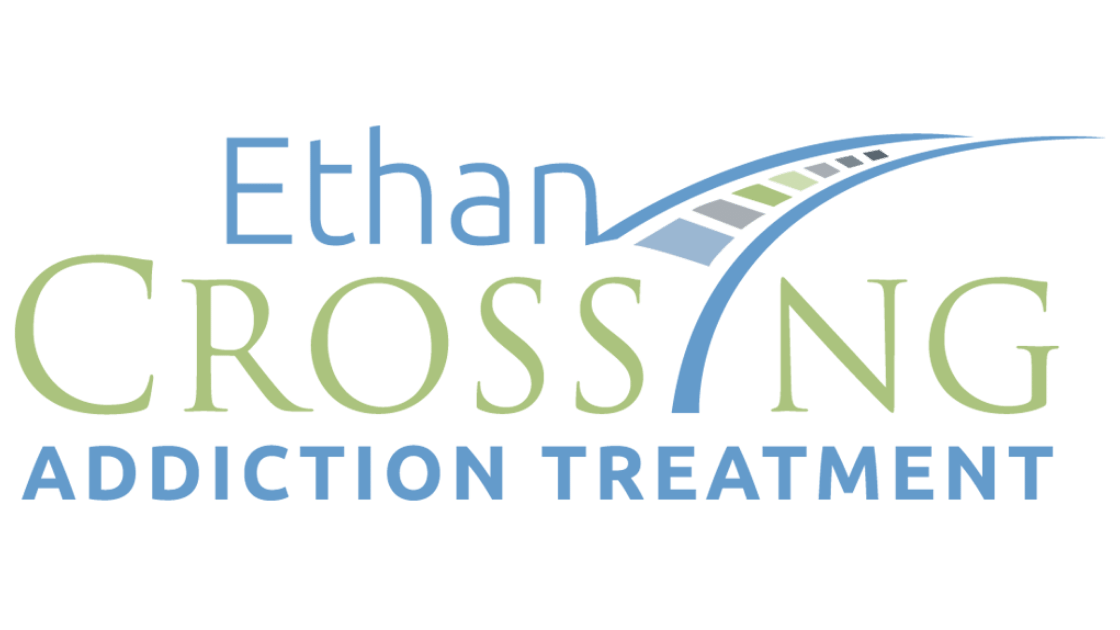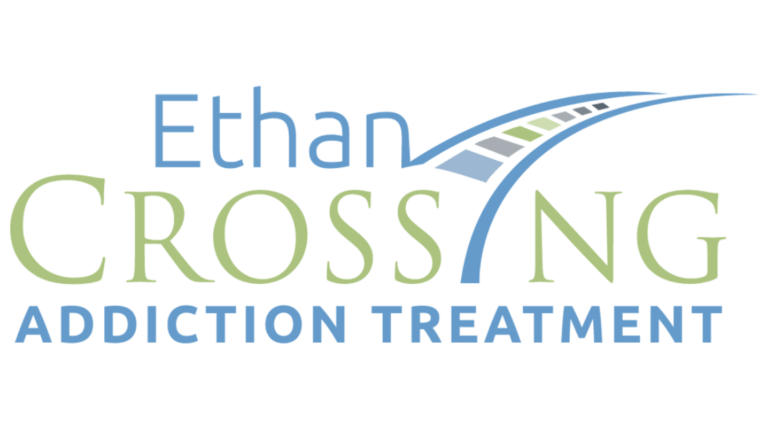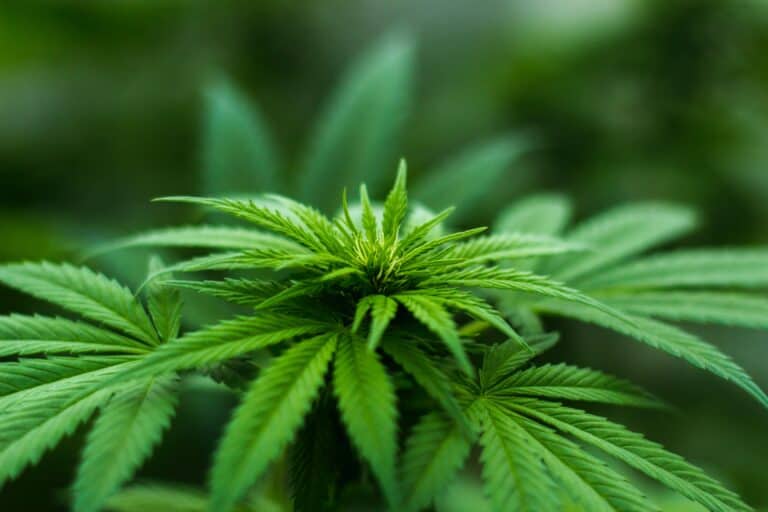The dried leaves, flowers, stems, and seeds of the Cannabis sativa or Cannabis indica plant are referred to as marijuana. Nearly 500 chemicals are found in marijuana, a psychoactive substance, including THC, a chemical that alters the mind and has negative health effects. Like many other substances, marijuana alters how the brain reacts to dopamine. Dopamine activation in the brain is increased by short-term marijuana usage, and this dopamine spike increases sensations of pleasure.
Real hazards associated with marijuana usage can influence a person’s health and way of life. Marijuana is the most commonly used illicit drug in the United States and usage is rising. Less people believe that marijuana may be hazardous. Today’s youth increasingly do not view marijuana usage as a harmful practice.
Is Marijuana Legal?
All adult age groups, both sexes, and pregnant women are now more likely to consume marijuana than ever before. The largest use is among those between the ages of 18 and 25. Despite the fact that THC and marijuana have been legalized in several states, they are still prohibited at the federal level. Marijuana is a rapidly expanding industry in the states where it is legal, with sales to adults over 21 occurring in retail stores, wineries, breweries, coffee shops, dispensaries, online, as well as through home cultivation.
Jump To Section
The Effects of Marijuana Abuse
No matter how THC is consumed, the drug specifically affects the cannabinoid receptors in brain cells. These receptors are a component of the endocannabinoid system, a neural communication network that is crucial for normal brain development and function. The regions of the brain that affect pleasure, memory, thought, concentration, sensory and temporal perception, and coordinated movement have the highest density of cannabinoid receptors. The endocannabinoid system is overactivated by marijuana, which results in the “high” and other effects like:
- Altered perceptions and mood
- Impaired coordination
- Difficulty with thinking and problem solving
- Disrupted learning and difficulty recollecting memories
Health Effects
Marijuana usage is linked to a number of health concerns, including those that affect the heart, lungs, and mental health. Marijuana use may have a wide range of effects, both physical and mental.
Physical Effects
- Increased heart rate.
- Breathing problems.
- Intense nausea and vomiting.
- Problems with child development during and after pregnancy.
Mental Effects
- Temporary hallucinations
- Paranoia/Anxiety
- psychosis (schizophrenia)
- depression
What Is Synthetic Marijuana?
Synthetic cannabinoids, commonly referred to as synthetic marijuana, are synthetic compounds created to resemble the effects of marijuana. The use of synthetic marijuana is promoted as a safe and authorized substitute for cannabis. In actuality, many of these products include uncontrolled chemicals that pose a major risk to consumer health.
They interact with the same brain cell receptors as THC, the psychoactive component in cannabis, and are comparable to the cannabinoids found naturally in the marijuana plant. Recently, synthetic cannabinoids including delta-8 THC, delta-0 THC, and delta-10 THC which are all made from the cannabinoids in hemp have entered the semi-legal market.
Although the product’s labeling state that it is sourced from natural plant material, the psychoactive chemicals were really created in a laboratory. Compared to THC’s effects, those of these compounds are frequently more intense and unpredictable.
Can You Become Addicted To Marijuana?
For certain users, marijuana can be troublesome. Contrary to widely held beliefs regular marijuana use is related to the occurrence of physiological dependency, specific withdrawal symptoms, and addiction. In 2017, approximately 200,000 people sought treatment for marijuana addiction, which affected almost 4 million people. Recent research from the National Institute on Drug Abuse indicates that 30% of marijuana users may have “marijuana use disorder” to some extent. They also note that adolescents who use marijuana have a 4–7-fold increased risk of developing this use disorder compared to adults.
Signs of Marijuana Addiction
There are certain warning indicators to look out for that might point to marijuana addiction.
- Strong Cravings
- Using Despite Negative Consequences
- Withdrawal Symptoms
- Loss of Interest in Activities
- Increased Tolerance
Sources
No sources were found for this page.









